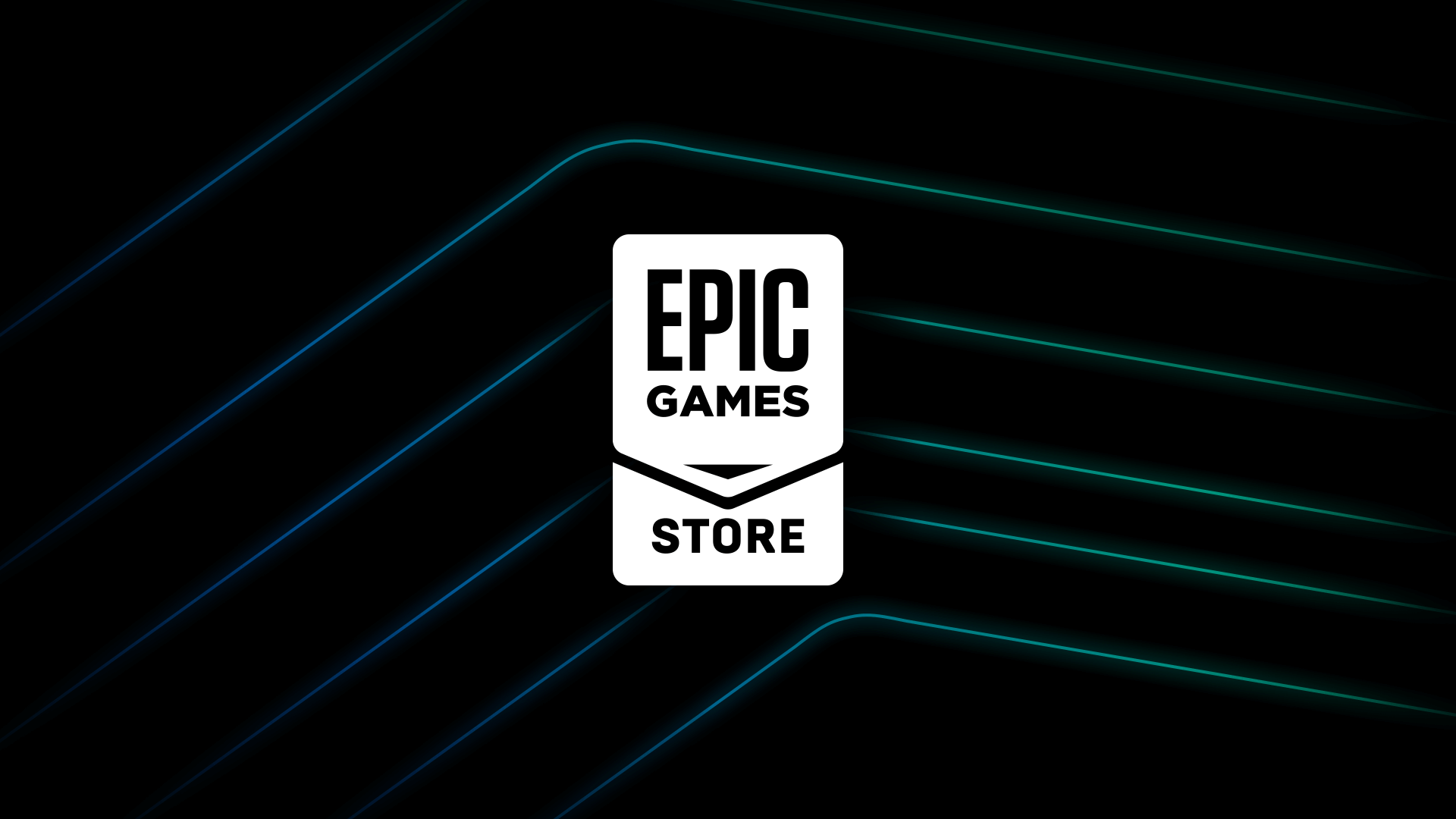I think onboarding Steam's most popular games is such a stilted strategy regardless.
Taking the most popular games and throwing them on your platform does not suddenly make folks flock to your platform, especially when some of those games have likely seen the bulk of their lifetime sales by the point you get them on to your platform. I think Epic knows this, which is why they often give them away for free to juice their own numbers, but in the grand scheme of things they are giving them away for free from anywhere from a day or a week. Someone looking to buy X today is not going to care it was giving away for free years ago, they are going to buy where it either the cheapest, currently on sale, and/or their preferred platform. Again, I think Epic knows this, which is why they relied on coupons to be the cheapest, extend sales, and hopefully change folks' preferences, but I think it is a case of burning your candle from both ends.
Just in general though, I think Epic is a very reactive company, rather than a proactive one. At the core of what they work towards it tends to be a reaction to what either a competitor is doing or what is trending. Honestly, I am not sure what they would do without a competitor or someone there they can point to as a means of differentiating themselves (e.g. Unity vs. Unreal, PUBG vs. Fortnite, Steam vs. EGS, etc.). To be fair, a lot of companies are like this, but I think it spills into their store strategy which means rather than creating the environment a popular game can organically appear, they try to force it. And hey, sometimes this strategy not only works, it works really well (e.g. Fortnite).
Heck, I think Epic buying Mediatonic for Fall Guys was a reaction to its initial explosive success and I would be curious if upon reflection, they still think they made the right choice. )Anyway I could keep ranting, but I will stop there before this becomes a even bigger wall of text.
















